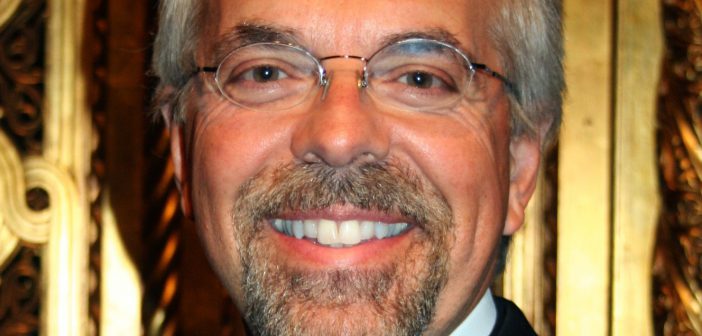Source: OINOS Educational Consulting By Frank Marangos, D.Min., Ed.D., FCEP “Because the place where Jesus was crucified was near the city, many Jews read the inscription on his cross. It was written in Hebrew, Roman, and Greek.” John 19:20 Schools of theological education rest at the crossroads of society. Like the raised “bema” of the ancient Greek philosophers and the “platform step” of the Jewish synagogue (Neh. 8:4), the educational pulpit of the nation’s institutions of theological higher learning were originally established to engage the intersection of church, culture, and commerce. To continue to effectively do so, however, contemporary theological schools and…
Browsing: theological education
Source: OINOS Educational Consulting By Frank Marangos, D.Min., Ed.D., FCEP “Let the seven holy youths, equal in number to the pillars of the wisdom of God, be praised, for with their words they crushed the ungodly teaching of the tyrants as with stones.” – Feast of Seven Youths of Ephesus The wisdom of God is sleeping in many of our nation’s seminaries and theological schools. While economic volatility, global aggression, terrorism, utilitarianism, and relational dysfunction grips contemporary society, the priceless insights of Christian spirituality are often missing from the marketplace of ideas. All that is required to invigorate the spiritual malaise are…
Source: OINOS Educational Consulting By Frank Marangos, D.Min., Ed.D., FCEP “The height of the mountain top is measured by the dismal drudgery of the valley, but it is in the valley that we have to live for the glory of God.” ~ Oswald Chambers America’s theological schools and seminaries are in need of transfiguration. Facing a myriad of significant challenges ranging from financial instability, decreasing enrollment, student debt, and accusations of postmodern irrelevancy, institutions of Christian higher learning are compelled to replace older models of delivery with structures that engage society and support the student of the 21st century. Apart from developing realistic…
Source: Public Orthodoxy by George Demacopoulos It has always been the case that forces beyond the control of the Church have prompted changes in the practice of theological education. For example, Ottoman repression led many Greek Christians to seek education abroad. Tsar Peter I imposed Western-styled seminaries upon the Russian Church. And the Bolshevik Revolution crippled religious education throughout Russia and much of Eastern Europe. While not as dire as those examples, Orthodox seminaries in the United States face significant structural challenges. At one and the same time, the real cost of operating a seminary is steeply rising while active participation…


